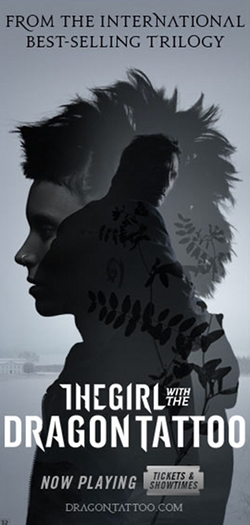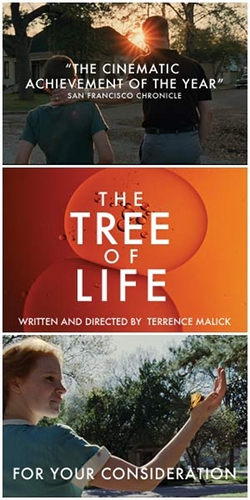Review: The Three Musketeers (2011)
Lovers of classic literature across the world must be squirming at the thought of Paul W.S. Anderson’s The Three Musketeers (2011). While surprisingly close to the plot of the novel from which it draws its inspiration, The Three Musketeers (2011) takes some unnecessary liberties that drag down what was originally a fantastic, action-packed and scandalous story.
The film is based on French writer Alexandre Dumas’ novels, The D’Artagnan Romances, which were serialized in the mid 1800s. The first of the three novels, entitled The Three Musketeers, chronicles the events in the 2011 film. Taking place in 17th century France, audiences follow young D’Artagnan as he travels to Paris in the hopes of following in his father’s footsteps and becoming a Musketeer (a specialized soldier for the King). Unbeknownst to him, the elite group had been disband many years prior.
Upon his arrival, the impetuous boy manages to pick separate quarrels with Athos, Porthos and Aramis, not knowing they are all brothers in arms and ex-Musketeers. When all four meet at the same spot for their individual duels together, Cardinal Richelieu’s guards, headed by the devilish Rochefort, interrupt them. Instead of fighting one another, they work together to defeat their opposition and avoid arrest. D’Artagnan displays immense skill as a fighter, and, as a result of this meet-cute of sorts, he becomes one of the group.
Although stunted, the depictions of the classic characters from Dumas’ novel are consistent. Athos (Matthew Macfadyen) remains the brooding drunk who has lost all faith, Aramis (Luke Evans) is a man of God who has taken Heaven’s justice into his own hands, and Porthos (Ray Stevenson) is a vain man and unlikely dandy. Young D’Artagnan is played impeccably well by Logan Lerman, star of the Percy Jackson and the Olympians series. He is dashing, cocky, foolhardy and reckless, just the way we like him!
The Three Musketeers (2011), to its credit, has strong and humorous acting. With names like Milla Jovovich as the seductive mole Milady de Winter, Christoph Waltz as Cardinal Richelieu, and Mads Mikkelsen as the evil Rochefort, it’s hard to find fault with the performances. Where the cast does display a weak spot is with Orlando Bloom as an evil Duke of Buckingham. It is obvious that Bloom is not used to playing anything but the suave sweetheart, and would have felt much more at home in the roll of D’Artagnan. Buckingham’s conniving villainy is an alteration made to the character for the film, and not true to the novel. This makes Buckingham a weak character brought down even more by weak acting.
While events of the film are familiar to those of the original novel, there are important and outlandish differences that frustrate not only fans of Dumas’ work, but intelligent movie-goers everywhere. The overlying story arch of Milady and Buckingham, working together to secure theoretical technology that will aide in Buckingham’s plans for world domination, is a horrible addition to the original plot and provides superfluous motivation.
The introduction of Leonardo Da Vinci’s fabled “War Machine” (aka a classic wooden ship with a large envelope of air that turns it into a blimp) feels contrived and completely unnecessary. This, along with unimpressive special effects, is a weak attempt at amping up the story for modern audiences. The result is a feeling of bewilderment that actually detaches viewers from the film.
It is a sad day when studios and producers think that nearly 200-year-old literature needs to be “spiced up” with mechanisms such as nonsensical steam-punk technology inserted randomly into the climax of the film.
If The Three Musketeers (2011) was attempting to be a true representation of the novels, or even honor them, it failed miserably. What the film did achieve were stunningly choreographed fight scenes, enjoyable humor and wit, and, if nothing more, a fun experience (once you get past all the discrepancies).
Be prepared for more Musketeers in the near future. The film ends with a very obvious set up for sequels (it was based off a series of three books, after all), and a sad grab for the title of “Next Great Film Franchise,” which The Three Musketeers (2011) falls very short of.

















 Review: The Flowers of War (2011)
Review: The Flowers of War (2011) Review: Funny Games (2007)
Review: Funny Games (2007) Review: Osaka Elegy (1936)
Review: Osaka Elegy (1936) Review: Miss Bala (2011)
Review: Miss Bala (2011) Review: Hidden (2005)
Review: Hidden (2005)


